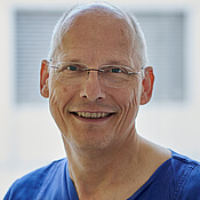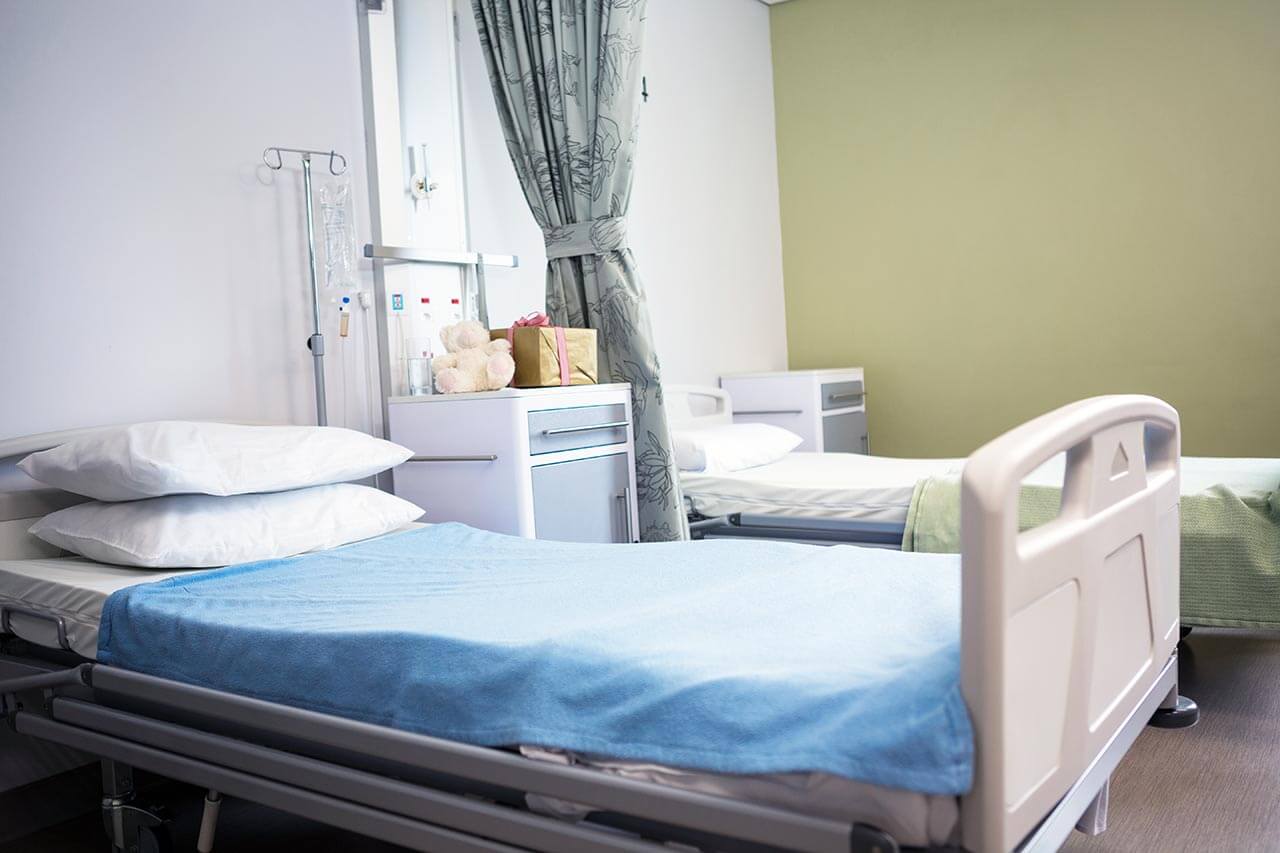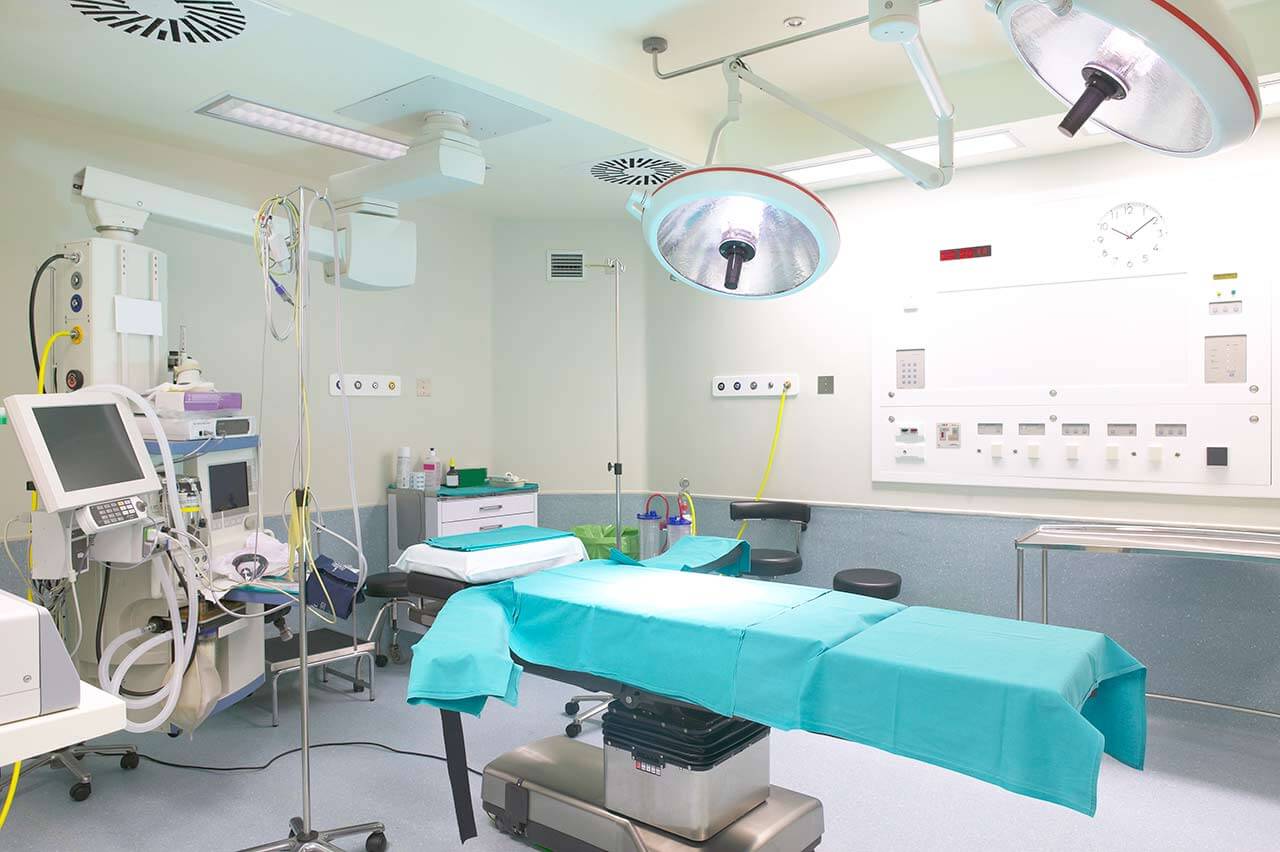
About the Department of Pediatric Endocrinology at Childrens Hospital Nuremberg
The Department of Pediatric Endocrinology at the Children's Hospital Nuremberg provides top-class medical care to young patients with endocrine disorders. Of particular interest to the department's team of doctors is the detection and treatment of hormonal imbalances. The department's endocrinologists cooperate closely with pediatric diabetology experts and jointly hold consultations for children with diabetes mellitus. The medical facility has excellent technical resources for diagnosing the endocrine system in children, including advanced laboratories and ultrasound rooms. During the treatment, doctors successfully use individually elaborated drug therapy and hormone replacement therapy regimens. As a rule, children are treated on an outpatient basis, but they can also receive medical care on an inpatient basis if necessary. The health of young patients is in the safe hands of experienced endocrinologists who manage to establish a trusting relationship with the child from the very first meeting. The department also offers consultations on such delicate issues as disorders of sexual differentiation and transsexualism. The doctors always devote enough time to personal communication with parents and detailed consultations. The department is headed by Dr. med. Egbert Voss.
The department has gained vast experience in the diagnosis and treatment of type 1 diabetes mellitus in children. The diagnostic process begins with a thorough study of the child's medical history and complaints. The most common manifestations of this disease include frequent urination, excessive thirst, weight loss, and chronic fatigue. A blood glucose test is necessarily carried out during the diagnostics. The primary method of managing type 1 diabetes mellitus in children is insulin therapy. Doctors elaborate personalized insulin replacement therapy regimens, taking into account the peculiarities of the course of diabetes mellitus in each child. Great attention is also paid to lifestyle modifications. Training programs covering proper nutrition, physical activity, and stress management are offered to the child and their parents. An important aspect of the treatment process is training parents in caring for a child with diabetes mellitus, including learning how to measure glucose levels, administer insulin properly, and recognize and respond to symptoms of hypoglycemia and hyperglycemia. The department also offers psychosocial support.
The department's clinical practice is especially focused on the medical care of children with congenital and acquired thyroid disorders. The three most common thyroid pathologies in children are goiter (enlargement of the thyroid gland), hypothyroidism (insufficient production of thyroid hormones), and hyperthyroidism (increased production of thyroid hormones). The department's diagnostic offer in this area includes a full range of laboratory tests to determine thyroid hormone levels and ultrasound scans of the organ. As a rule, treatment is based on the prescription of hormones to normalize organ function.
The department regularly admits children with puberty disorders, such as delayed and premature puberty. The cause of premature puberty is stimulation of the synthesis of sex hormones in the ovaries (in girls) or testes (in boys) by the hypothalamus and pituitary gland earlier than this should normally occur. Delayed puberty is stated if this physiological process has not begun in girls at 10-12 years old and in boys at 12-13 years old. The cause of premature puberty may be pathological changes in the work of the sex glands, adrenal hyperplasia, hypothalamus neoplasms, and pituitary tumors. Delayed puberty may be caused by hypogonadism and hypothalamic or pituitary disorders. The department offers personalized hormone therapy regimens for the treatment of puberty disorders.
The department's doctors often deal with the treatment of genetic diseases affecting the endocrine organs. Of particular interest for the doctors is the treatment of children with Ullrich-Turner syndrome and Klinefelter syndrome. These genetic diseases may affect various body systems and require a comprehensive approach to develop effective therapies. To diagnose genetic syndromes, the department's specialists perform various tests, including molecular and genetic analyses, to detect characteristic genetic mutations. Clinical examination and instrumental diagnostics are used to assess the condition of the internal organs. For example, a child with Ullrich-Turner syndrome often has insufficient production of thyroid hormones (hypothyroidism). In such cases, endocrinologists carry out the necessary drug therapy with hormones.
The department's key clinical focuses include:
- Diagnostics and treatment of type 1 diabetes mellitus
- Diagnostics and treatment of congenital and acquired thyroid diseases
- Diagnostics and treatment of adrenal diseases
- Diagnostics and treatment of pituitary diseases
- Diagnostics and treatment of growth disorders: short stature and gigantism
- Diagnostics and treatment of puberty disorders: delayed and premature puberty
- Diagnostics and treatment of disorders of sexual differentiation
- Diagnostics and treatment of transsexualism (gender identity disorder)
- Diagnostics and treatment of genetic diseases affecting the endocrine organs: Ullrich-Turner syndrome and Klinefelter syndrome.
- Diagnostics and treatment of calcium and phosphate metabolic disorders
- Diagnostics and treatment of other endocrine diseases in children
Photo of the doctor: (c) Klinik Hallerwiese-Cnopfsche Kinderklinik




